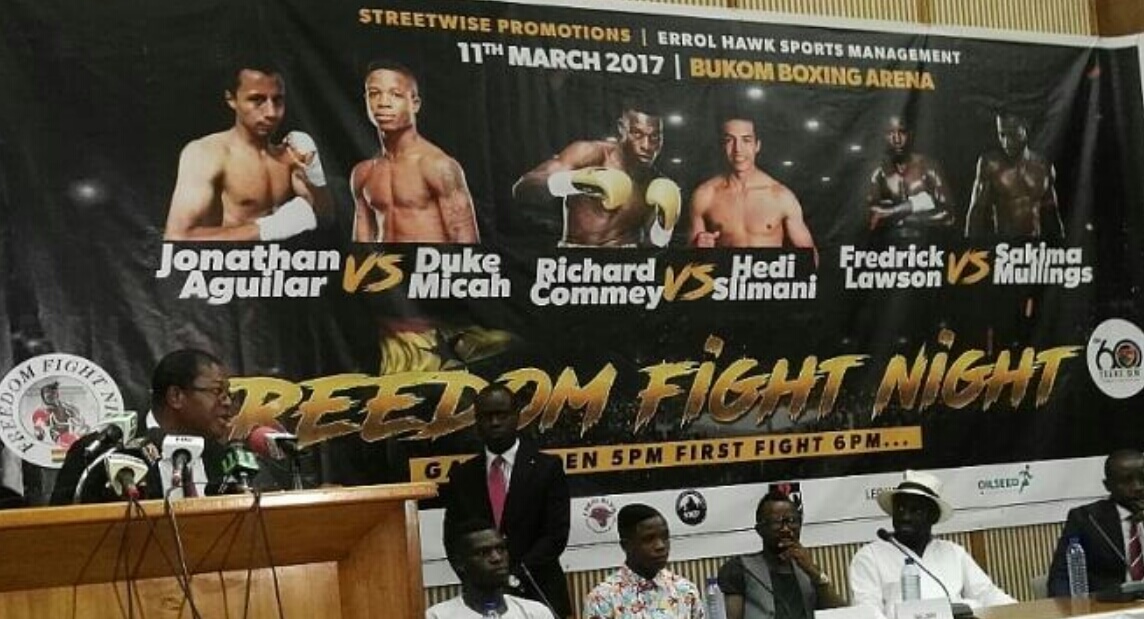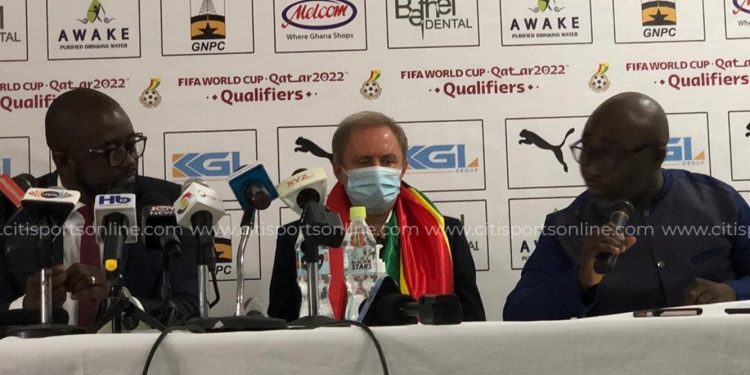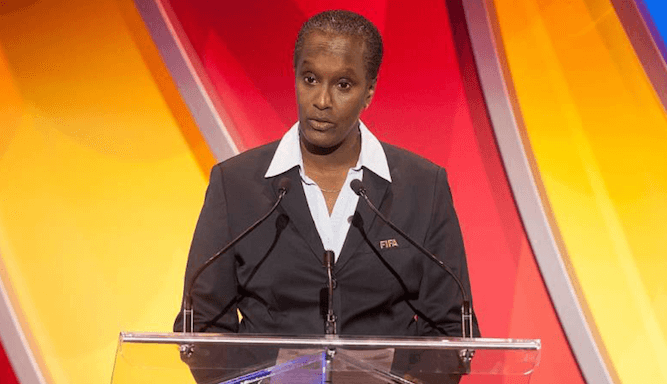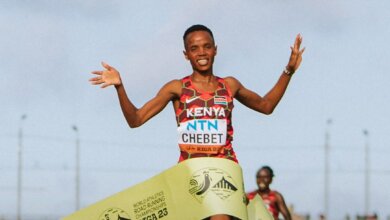Olympian Akwasi Frimpong wins first Skeleton race for Ghana and Africa
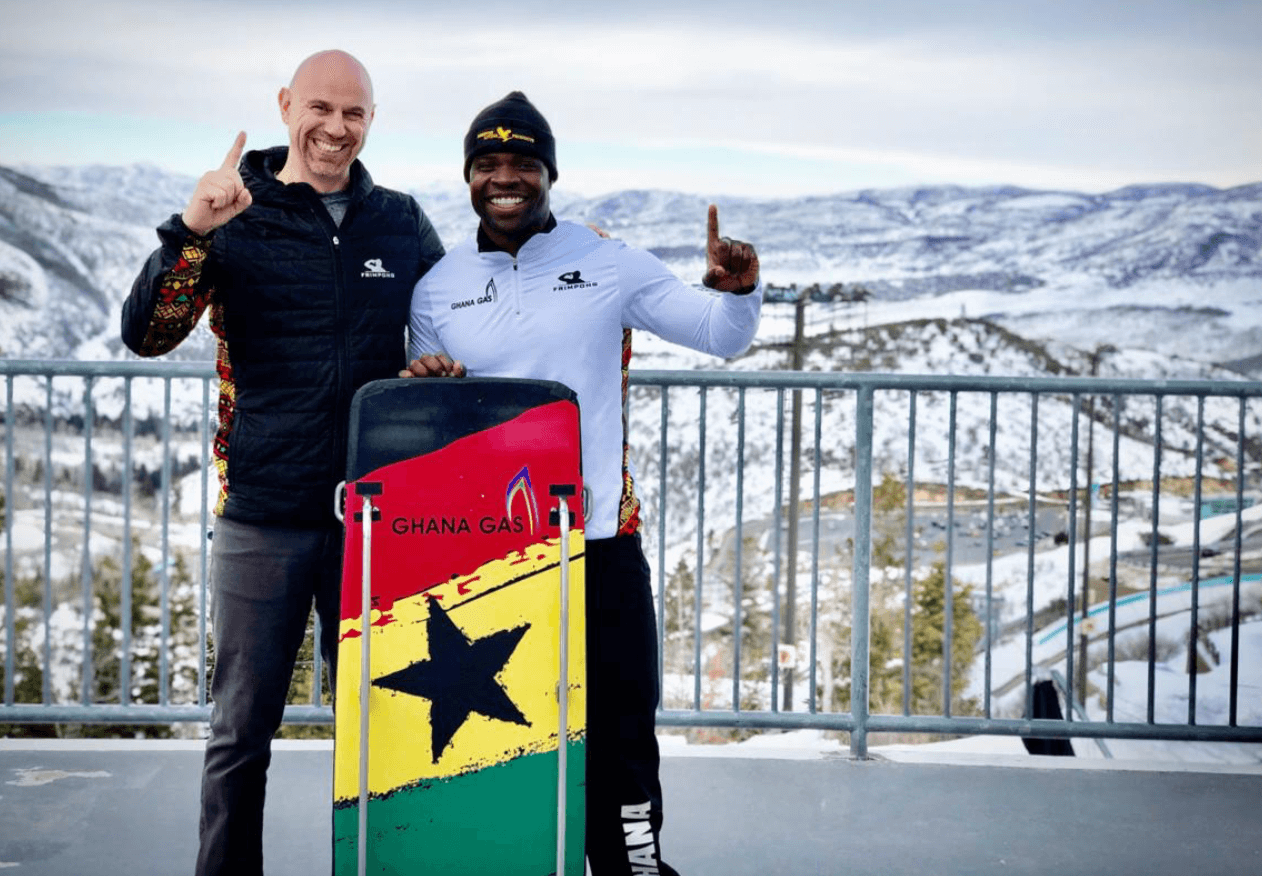
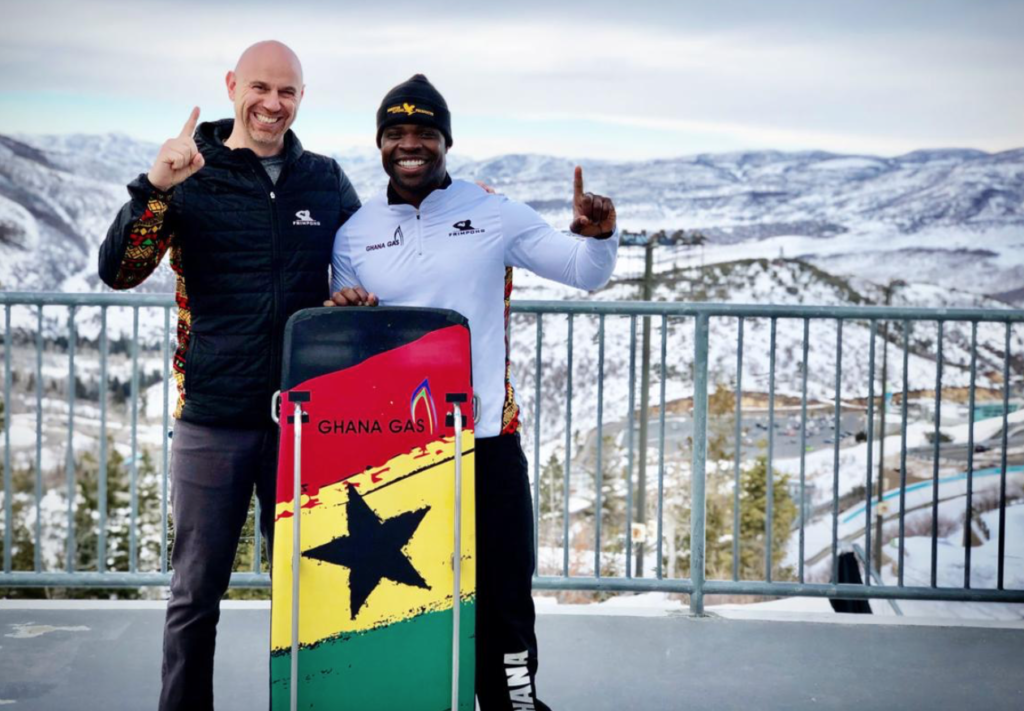
Two years ago, former Utah Valley University track star Akwasi Frimpong became the first skeleton athlete to represent the nation of Ghana in the Olympics as he competed in Pyeongchang, South Korea, accomplishing a goal he had been chasing for years.
But Frimpong was just getting started.
“When I got into the sport in 2016, my goal was to go to the 2022 Winter Olympics and win Africa’s first Winter Olympics medal,” Frimpong said in a phone interview Monday. “I knew it was going to take a lot of years. My goal in 2018 was to break down barriers, show that people from warm countries can do this sport and also get experience for 2022. I was able to accomplish that. I knew I had to come back, keep working hard, keep believing in myself, know that it takes time and effort and become a student of the sport.”
The former Wolverine took another step in the right direction with his performance in Saturday’s February 29, 2020, USA Western Regionals competition in Park City, Utah.
“I had to dig deep,” Frimpong said. “To get to the top, I needed to have two good runs. In many competitions, I’d have one good run and one that was a flop. That kept me from having a good combined time. I was really relaxed this past week and looked at it like it was a training opportunity.”
Since he didn’t put as much pressure on himself, he was able to reach new heights with his performance.
“I had my first run and pushed in 4.82 seconds, which is my fastest push time this season,” Frimpong said. “I had a 50.69 seconds down time, which was my personal best in Park City.”
But there was some tough competition, so he knew that he still had to be good in the second run.
“I wanted to be consistent,” Frimpong said. “I went and pushed a 4.78, which was faster than my first push and was my personal best. I was able to work on the corners and for the first time in my life I was able to execute it really, really well. I was able to win the race by 44-hundredths of a second over the two runs. That was a big accomplishment for me.”
He said that it was an amazing feeling to finally see all the hard work rewarded with a victory, the first ever for an African in the sport of skeleton.
“I came across the finish line and looked at the clock and I almost didn’t believe it,” Frimpong said. “It was a chance to show that I have what it takes to do well. There has been the feeling that my efforts were just a marketing stunt or another ‘Cool Runnings’ story. But I showed I am an athlete and I can do this.”
He said that having the help of Zach Lund, a former skeleton athlete and USA national team coach from Salt Lake City, made a big difference.
“He helped me win the race,” Frimpong said. “I was fourth in training but I was able to win with his help. He helped me with the corners I’d been having trouble with and helped me be extra-relaxed on my sled.”
Lund said seeing Frimpong have the performance he did on Saturday was something special.
“It was awesome,” Lund said. “It almost brought tears to my eyes to see how excited he was. It was really rewarding for me to see someone succeed and get something they have been working hard on for a long time.”
After the 2018 Winter Olympics, Frimpong realized that he needed to improve in the little things to get to where he wanted to be in the sport of skeleton, so he hired Lund.
“He had never had a coach give him this type of attention and teach him the fundamentals of the sport,” Lund said. “Skeleton is a very technical sport. You might not see that from watching it on TV but there is so much that goes into it. It is mind-boggling. It takes years and years to learn. If you don’t have someone guiding you to learn it, there is no way you are going to learn it well. He is a pleasure to work with because he has a work ethic that is second to none.”
Frimpong said having Lund’s expertise made a tremendous difference.
“He helped me go from being ranked No. 99 in the world in 2018 to being No. 68 in the world in 2019,” Frimpong said. “I improved that much in just a couple of months. I wanted to prove to myself and to future sponsors that if I have the resources, the other athletes aren’t more talented than I am.”
Frimpong said the support of sponsors like the Ghana National Gas Company, Forever Living Products International, and the Murdock Hyundai Group has been invaluable in allowing him pursue his dream.
Finances have been a constant strain for Frimpong but he plans to keep pushing to chase his dream.
“My goal is to get more sponsorships so I can hire a full-time coach next season,” Frimpong said. “I think that’s going to be really important for me. I’m also trying to stay on the ice as much as I can because it’s all about how many runs you can get. I also want to keep inspiring people.”
Frimpong has adopted the idea of being “the hope of a billion” as a driving force, since the continent of Africa now has more than a billion people and he wants to send a message of hope to all underdogs but specifically to the youth of Africa that they can do anything they put their minds to doing.
“I’m using skeleton, which is a winter sport, when I come from a country with no snow,” Frimpong said. “I want them to realize that they can become anything — a business person, a doctor, a lawyer or an Olympic athlete — if they put their mind to it and work extremely hard, good things can happen.”
Source:
Oral Ofori is Founder and Publisher at www.TheAfricanDream.net, a digital storyteller and producer, and also an information and research consultant.

